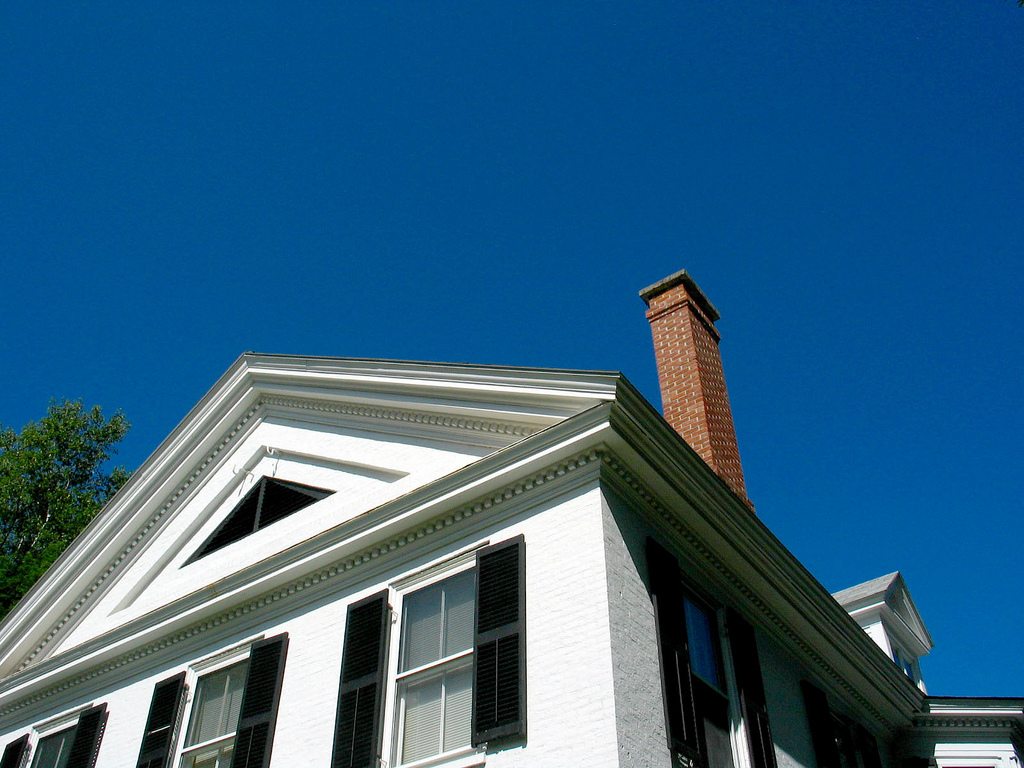How to Make Sure your Chimney is Properly Insulated
Winter is a time for scarves, warm boots, and toasty gloves. So making sure that your chimney is properly insulated makes sense right?
If you are preparing your home for the wonders that are a home winter fire, then taking the time to check your fireplace for proper insulation will not only guarantee a warm winter fire but also provide you with the confidence you deserve when burning an open fire.
Protect your Home and Your Passion for Fire
Your home's first defense in an unwanted disaster is the chimney liner. Liners are not just for decoration; they serve a real purpose. They are used to redirect unwanted fumes, smoke, and potential hazardous gas from your home into the open environment. Never underestimate the importance of routine checks when it comes to your chimney liner.
Types of Chimney Liner Insulation
To get started, you have to know what kind of liner you have. There are three basic types of chimney liners on the market.
- Metal Flue Liner- comes in many shapes and sizes, making it one of the most popular choices in chimney liners.
- Cast-In-Place Liner- Think of your road construction guys pouring concrete. That's what makes up this type of coating. Pouring a concrete type substance within a form, creating an insulation barrier.
- Clay Tile Liner – old fashioned and built to last, these puppies are a dying breed. But if you do have one, the chances are that normal wear and tear will need to be addressed every so often.
Have a Professional Check Your Liner Insulation
Now that we know what type of liner you have installed checking each type for potential hazard is the next step. Finding a local expert that specializes in your particular type of chimney liner is recommended. These individuals are experienced in knowing what to look for, whether it's cracked tiles, rusted spots within a metal coating, or other potential breaks in your insulation.
Having a fireplace is a great thing, especially during the winter. So taking the time to be able to enjoy the warmth of your home requires that you also take the time to inspect your chimney liner insulation.
Whether you have a metal flue, cast-in-place, or old fashioned clay tile liner, years of hot and cold expansion can compromise your insulation. So don't let this year pass you by without checking your home safety and enjoy a long winter by the fireside.





